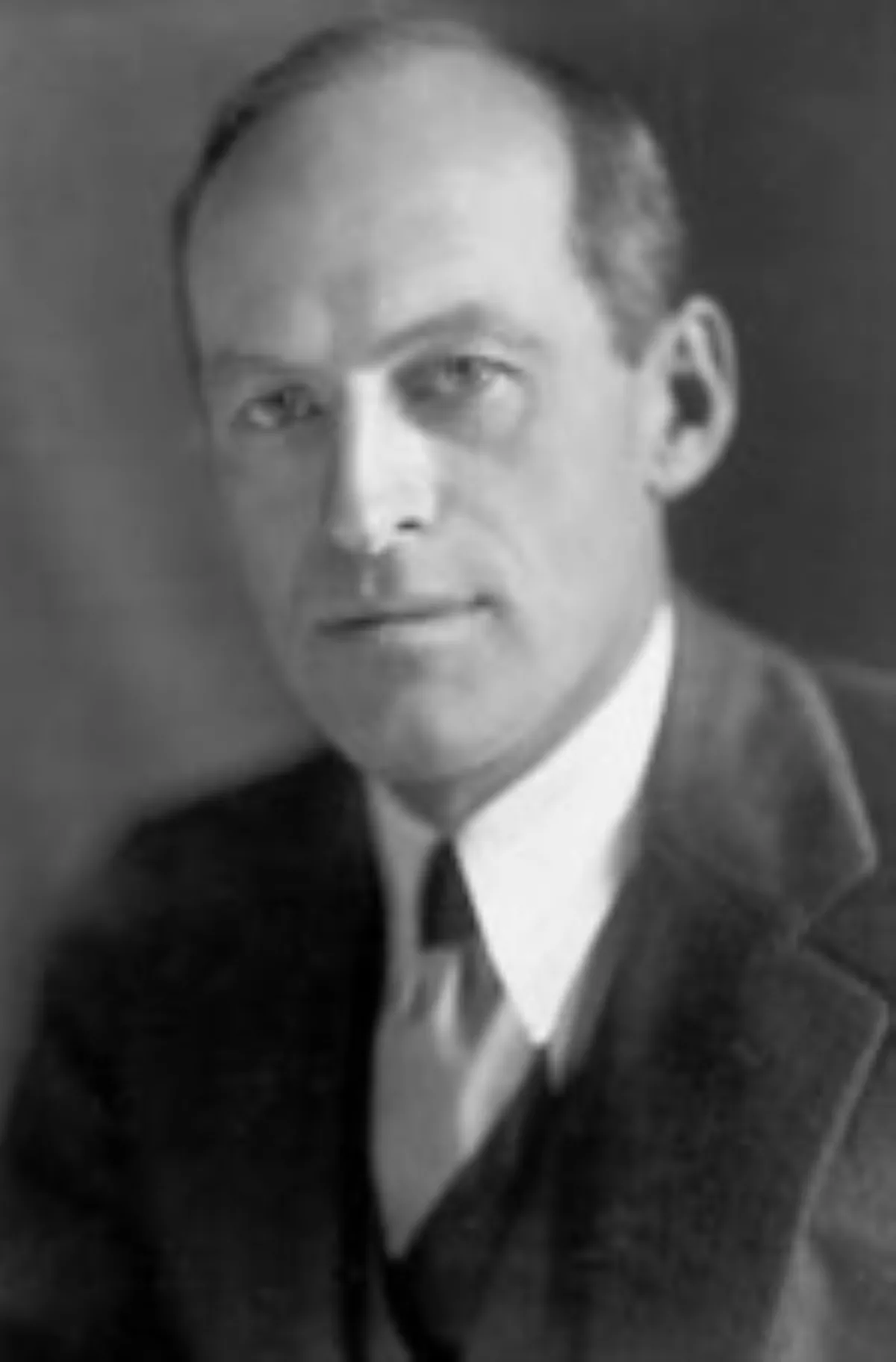 1.
1. Millard Evelyn Tydings was an American attorney, author, soldier, state legislator, and served as a Democratic Representative and Senator in the United States Congress from Maryland, serving in the House from 1923 to 1927 and in the Senate from 1927 to 1951.